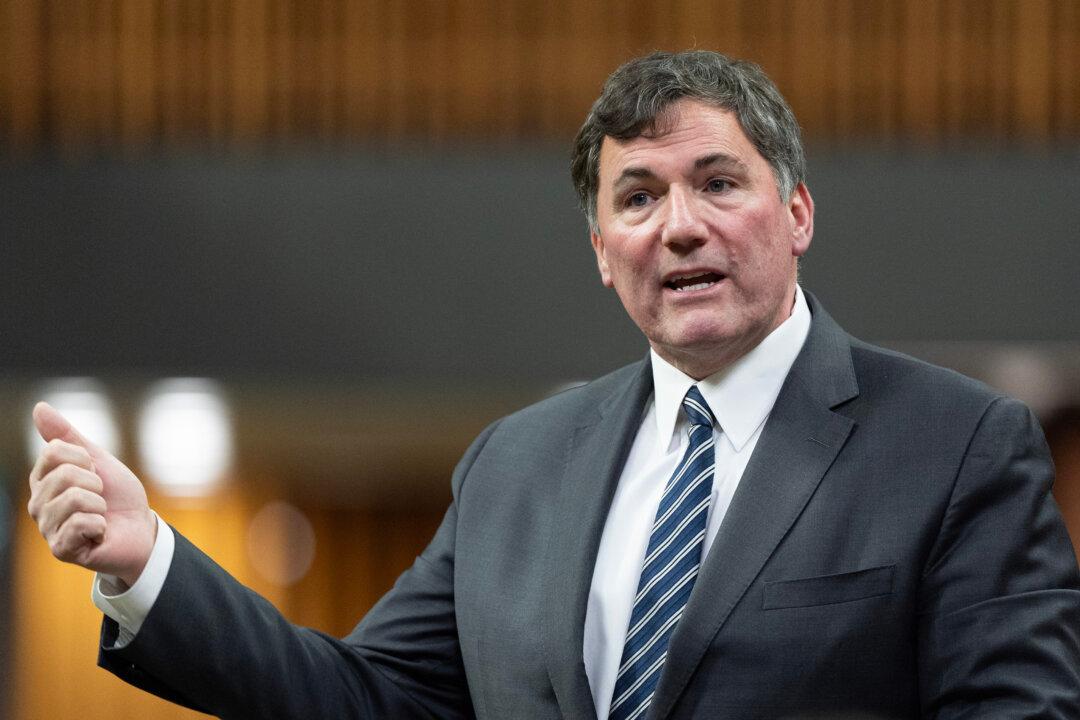Finance Minister Dominic LeBlanc says he will not be running to become the next leader of the federal Liberal Party.
“While I am extremely grateful for the encouragement and the expressions of support I have received from caucus colleagues and Liberals across the country, I have decided not to be a candidate in the Liberal Party of Canada’s upcoming leadership race,” LeBlanc said in a Jan. 8 statement.





